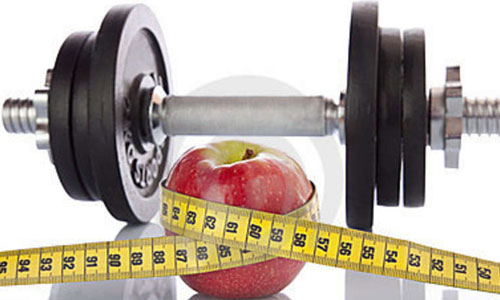Ask any volleyball player the key factors that will influence their performance during training or a game and they will no doubt tell you that physical conditioning and the right diet are essential. However, playing well is about more than simply maintaining your fitness and eating well. It is important that volleyball players consider their lifestyle as a whole, as aspects such as alcohol intake, use of drugs and the amount of sleep you receive all determine your performance on the course, not to mention your health.
Moderate your alcohol intake
Alcohol can have a number of unwelcome effects, particularly after a heavy drinking session, which will adversely impact on your play. Firstly, alcohol is a well-known diuretic, but as it is a potent vasodilator it also increases fluid losses via the skin, which can leave you dehydrated and unable to work out to your full potential; similarly it can prevent adequate temperature regulation. Drinking alcohol also interferes with the movement of electrolytes across cell membranes, which hinders muscle contraction. However, muscle function is also impaired due to a fall in blood sugar levels brought on by alcohol. A drop in blood glucose may additionally be behind the reduced nerve and brain activity seen after drinking, which adversely affects your balance, reaction time and vision. If this wasn’t enough, endurance has been shown to reduce following alcohol intake and this may also impact upon muscle recovery.
Besides the immediate impact on your body, the long-term effects of drinking are well understood, with the complications of alcohol abuse now seen increasingly in people in their 20s and 30s, which will cut your play short. It also shouldn’t be forgotten that as alcohol impairs your judgement it can make you more likely to suffer an accident or to commit an illegal offence, putting you out of action for the rest of the season. You are equally more likely to engage in other risky behaviors after drinking such as drug-taking and unprotected sex.
If you choose to drink alcohol, it is important to do so in moderation and to avoid alcohol prior to training sessions or games; even drinking the night before a morning session is probably not giving your body enough time to recover from the effects of alcohol. For men this means a maximum of 3 standard drinks in a day, with no more than 15 over the week and for women it is 2 drinks daily, with a maximum of 10 during the week. You should also leave yourself 2 alcohol-free days each week.
Think carefully about drug use
While you may need to take certain prescription medications to manage a medical condition to remain in good health, it is essential that you think carefully before you take any other type of drugs, as they can interfere with both your performance and well-being. Even taking painkillers to manage injuries may be problematic if you use opiate-based drugs, as they can become addictive in a surprisingly short space of time and continued use increases your risk of liver damage; looking to more natural methods for pain relief is therefore advisable. Equally if you are tempted by performance-enhancing drugs, not only do these give you an unfair advantage over other players, but you risk your health by taking them. For example, anabolic steroid use can damage your liver and heart, as well as adversely affecting your mood; if injected, steroids can lead to potentially fatal infections such as HIV and hepatitis when shared needles are used, in the same way that this can occur from injecting heroin or cocaine. However, illegal drugs can also bring with them other risks. Cocaine and amphetamines put a strain on your heart, with exercise increasing heart rate and blood pressure further, making damage to your circulatory system more likely. These stimulants also increase the likelihood of you sustaining an injury as the release of dopamine means that you are less likely to recognize pain. The safest option is to avoid all drugs other than those recommended by your doctor.
Get sufficient sleep
The amount of sleep you get is no less important than the amount of training you put in and insufficient sleep can certainly impair your performance on the court. A good night’s sleep prior to training or a game is essential, as achieving REM sleep helps you to recharge and recover. For instance, during REM sleep your body rebuilds its glycogen stores (needed to fuel your performance) and carries out muscle repair. As you might imagine you need enough sleep to ensure you can concentrate during play and it has also been shown to help your ability to make decisions quickly.
Most of us require around 8 hours of sleep each night, but if despite aiming for this you struggle to sleep, you can implement a range of strategies to help. For example, getting into a sleep routine, ensuring that you relax and avoid stimulants before bed and creating an environment that is conducive to sleep can all help you drift off.





